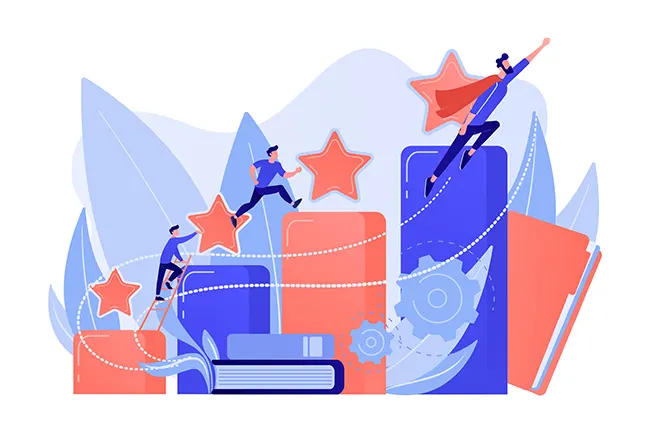Cultivating Agent Excellence: Optimizing Training, Coaching, and Idle Time for Peak Performance in Contact Centres

In the dynamic and demanding environment of a contact Centre, the pursuit of agent excellence is an ongoing journey that underpins both operational efficiency and customer satisfaction. Achieving this peak performance requires a strategic, multi-pronged approach that effectively integrates robust training programs, continuous coaching, and the judicious utilization of what is often overlooked: idle time. By rethinking how these elements are managed, contact Centres can foster a culture of continuous learning and development, empowering agents to not only meet but exceed performance targets.
A fundamental starting point is a shift away from traditional, often static, training models towards a more dynamic, adaptive, and continuous approach. In a rapidly evolving service landscape, initial onboarding alone is insufficient. Agents need ongoing education to stay abreast of new products, services, policies, and customer interaction best practices. Coaching, therefore, must transform from being a corrective measure after issues arise to a proactive, developmental process. This involves regular, individualized feedback sessions, performance analysis, and the setting of clear, achievable goals. Effective coaching empowers agents, builds their confidence, and helps them refine their skills in real-time. It moves beyond simply telling agents what they did wrong and focuses on showing them how to improve, fostering a growth mindset. This includes scenario-based training, role-playing, and collaborative problem-solving to ensure agents are prepared for a wide array of customer interactions.
Protecting training budgets is critical, especially when economic pressures might tempt organizations to cut costs. Training is not an expendable luxury; it is an essential investment in human capital. In turbulent times, agents face heightened stress, more complex customer inquiries, and the need for greater adaptability. Without adequate training, their ability to navigate these challenges effectively diminishes, leading to decreased performance, higher attrition, and ultimately, a poorer customer experience. Demonstrating the clear ROI of training is key, showcasing how it directly impacts metrics like first contact resolution, customer satisfaction, and agent retention. Training initiatives should be tied directly to business outcomes, proving their value as a strategic necessity rather than an operational expense. Investing in training during downturns can even provide a competitive advantage, as well-equipped agents can handle increased complexity and maintain service quality when competitors might falter.

The Pillars of Agent Development
Another crucial, often neglected, resource is the periods when agents are not actively engaged with customers. Rather than viewing this as wasted time, it can be leveraged for productive activities that contribute to agent development and operational efficiency. This can include self-paced learning modules, reviewing knowledge base articles, participating in peer coaching sessions, updating customer records, or even engaging in team-building activities. Strategically utilizing idle time allows agents to reinforce their knowledge, practice new skills, and proactively prepare for future interactions without impacting live service levels. This not only enhances individual agent capabilities but also contributes to a more knowledgeable and resilient team. For example, agents could use this time to review recordings of their own calls, identify areas for improvement, and then discuss these with their coach. Or they could participate in quick quizzes on product updates, ensuring their knowledge base is current.
Collaborative learning also offers immense benefits. While individual coaching is vital, peer-to-peer learning and team-based training foster a supportive environment where agents can share best practices, learn from each other’s experiences, and collectively solve problems. Group training sessions, workshops, and even informal knowledge-sharing forums can significantly accelerate learning and build team cohesion. When agents learn together, they build a shared understanding of challenges and solutions, reinforcing a culture of continuous improvement. This collective intelligence not only enhances individual performance but also elevates the overall capability of the contact Centre. Team-based scenarios and role-playing can simulate real-world challenges, allowing agents to practice and refine their skills in a safe, collaborative environment before facing live customers. This fosters a sense of camaraderie and shared purpose, crucial for agent morale and retention.
By strategically combining these elements—rethinking training and coaching to be continuous and proactive, defending training investments even in challenging times, creatively utilizing idle periods for development, and fostering a collaborative learning environment—contact Centres can cultivate a workforce that is not only highly skilled but also resilient, engaged, and consistently high-performing. This holistic approach to agent development is not just about improving individual metrics; it’s about building a sustainable foundation for long-term operational excellence and superior customer experiences.

